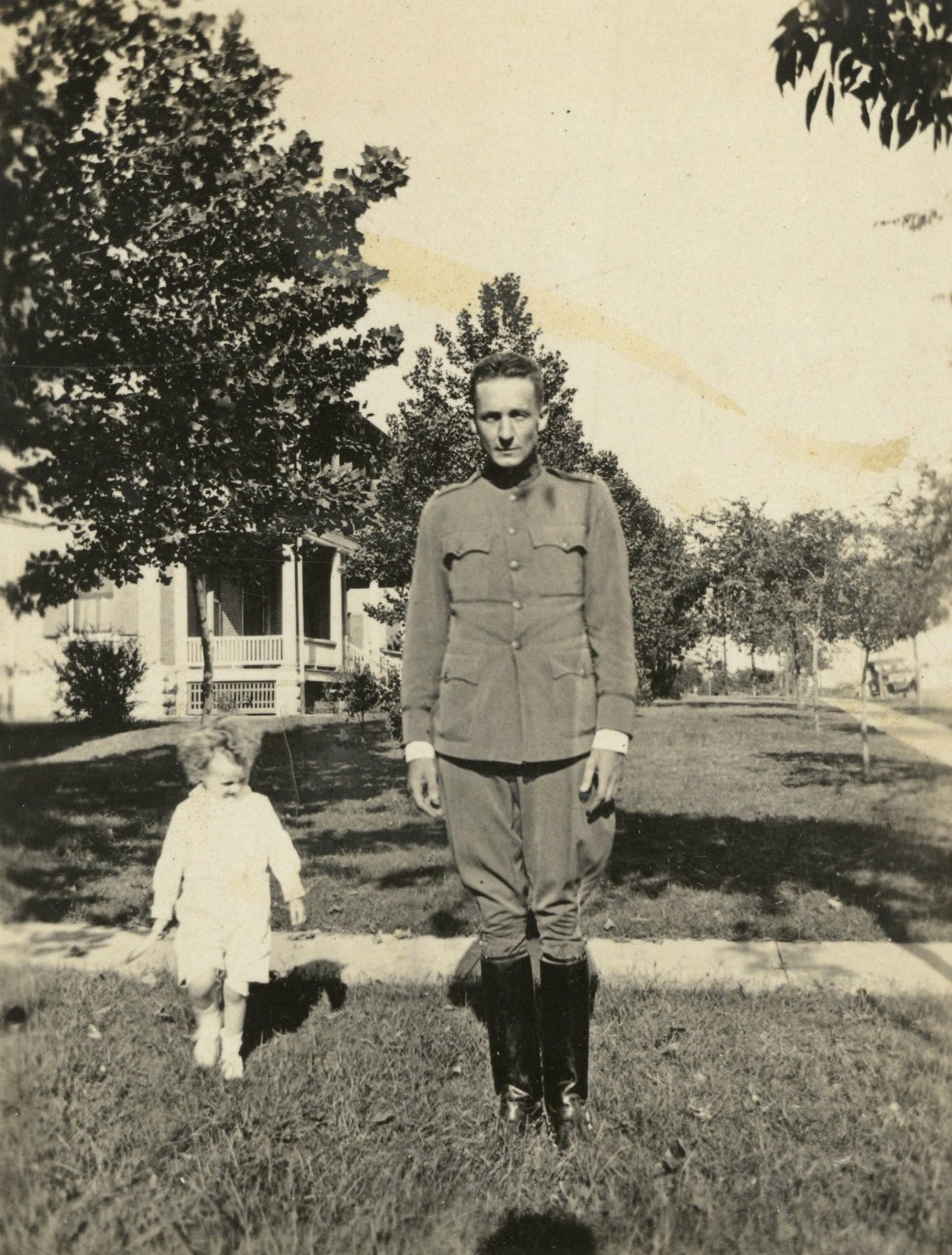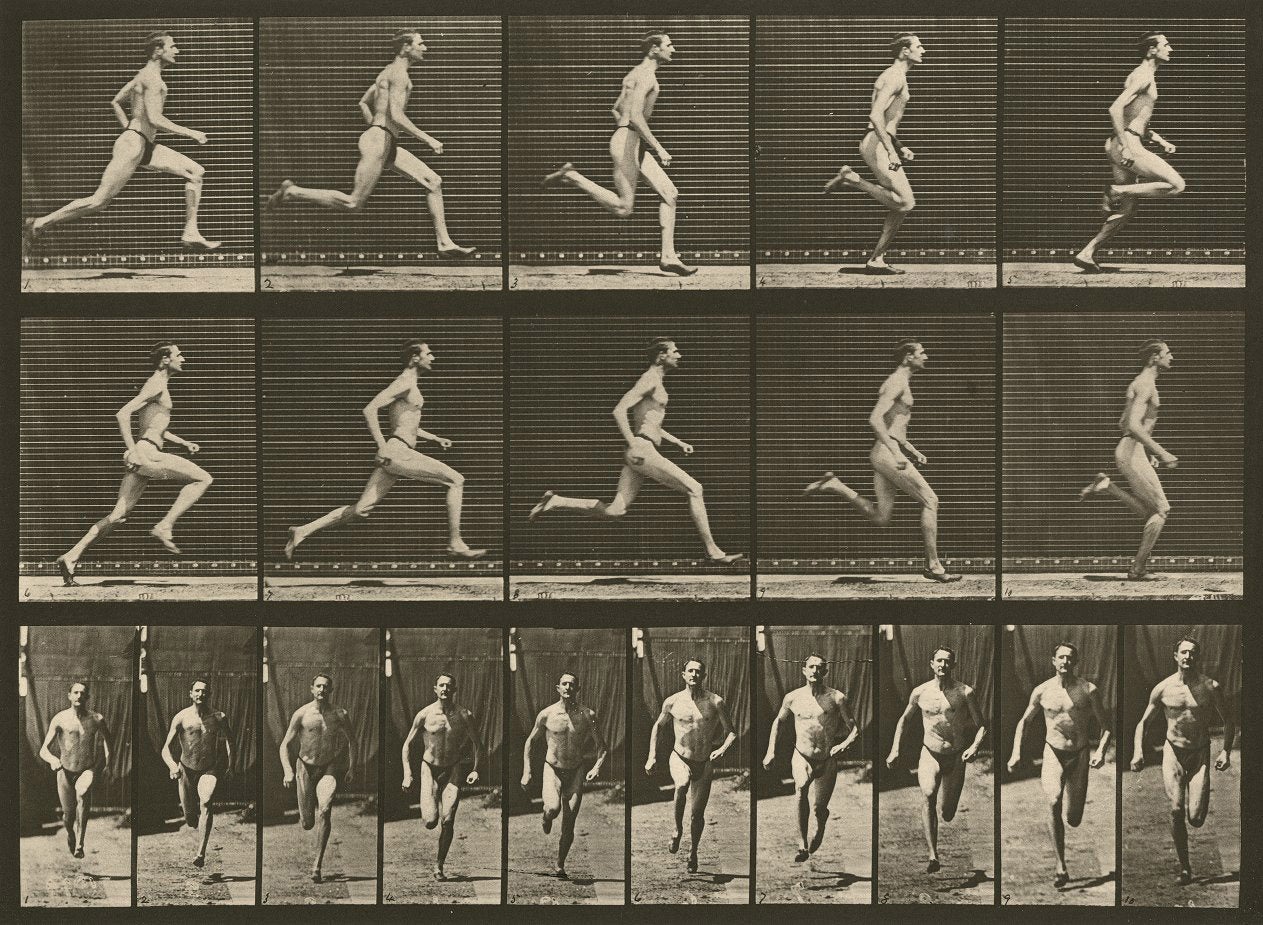Summary Information
- Prepared by
- J.M. Duffin
- Preparation date
- January 2011
- Date [bulk]
- Bulk, 1916-1933
- Date [inclusive]
- 1863-1962
- Extent
- 0.5 Cubic feet
PROVENANCE
Donated by Margaret C. Madeira in 2011 (2011:09).
ARRANGEMENT
The Percy C. Madeira, Jr. Papers are organized in five series: Correspondence, Genealogy, Photographs, Scrapbooks, Writings. Each series is arranged alphabetically by subject matter.
HISTORICAL NOTE
Percy Childs Madeira, Jr. was born on 8 February 1889 in Philadelphia the son coal merchant Percy C. Madeira, Sr. and Marie V. Marie. Percy attended the Delancey School in Philadelphia and graduated from Harvard University in 1910. Upon his return to Philadelphia, he entered the Law School of the University of Pennsylvania and graduated in 1913.
Slightly more than six months after graduating from Harvard University, Percy Madeira enlisted as a private in the First City Troop (or First Troop Philadelphia City Calvary) of the Pennsylvania Army National Guard. When his enlistment expired in February 1914, he reenlisted for another five years. In July of 1916 he was mustered into Federal Service during the Mexican Expedition after which he became a corporal. Shortly after the entry of the United States in World War I, Madeira accepted a commission in the Reserve Officers’ Training Corps and eventually rose to the rank of captain by the time of his discharge in December 1918.
Madeira’s career was varied. He was admitted to the Pennsylvania bar in 1913 and worked for the firm of Morgan, Lewis and Bockius until World War I. After his army service, Madeira became a partner in the firm of Ballard, Spahr, Andrews and Madeira where he remained until 1927 when he went into the family anthracite and bituminous coal business, Madeira, Hill and Company. In 1934, Madeira returned the legal field as the head of the trust department for The Real Estate-Land Title and Trust Company. He eventually became president of the bank (later called the Tradesmens Bank and Trust Company) for thirteen years.
The fields of anthropology and archaeology were where Percy Madeira’s passions lie. He returned the University of Pennsylvania in the 1930s to attend graduate school and received his master’s degree in anthropology in 1933. In 1930 he and J. Alden Mason were part of a University of Pennsylvania expedition to take aerial photographs of Maya sites in the Yucatan and Guatemala. That same year, Madeira was elected a member of the Board of Managers of the University of Pennsylvania Museum of Archaeology and Anthropology. He continued to serve on the board until 1966 as both vice president (1933-1941) and president (1942-1962). Madeira wrote a history of the Museum in 1964 (Men In Search of Man: the First Seventy-five Years of the University Museum of the University of Pennsylvania). He received an honorary doctorate degree from the University of Pennsylvania in 1962.
Percy C. Madeira, Jr. died at his home in Berwyn, Pennsylvania on 29 January 1967. He married first in 1914 to Margaret Townsend Carey (1891-1951) and second in 1952 to Eugenia Cassatt Davis (1897-1979). He had three children: Percy Childs Madeira, 3rd, Francis King Carey Madeira, and Eleanor Irwin Carey Madeira.
SCOPE AND CONTENT
The Percy C. Madeira, Jr. Papers document his service in the First City Troop during World War I, graduate work in anthropology at the University of Pennsylvania, and his final years with the banking business.
Madeira’s military service is documented in a scrapbook containing his commissions and orders to report for duty while serving in the National Guard. It also contains the brass insignia he wore on his uniforms. This material is supplemented by some snapshots of him in his uniform with his wife and children and a collection of letters from Madeira to wife and another family member describing camp life for the troops in Texas who served during the Mexican or Punitive Expedition of 1916-1917.
Madeira’s interest in anthropology is documented in a few writings relating to his studies in the Department of Anthropology in the 1930s in addition to some later undated papers.
A scrapbook of newspaper ads and annual reports from the Tradesmens Bank and Trust Company provides a glimpse into the growth and mergers of the bank prior to Percy C. Madeira’s retirement.
There are a few items relating to the Madeira family, primarily in the form of photographs and a family bible.
Controlled Access Headings
- Corporate Name(s)
- Pennsylvania. National Guard. Troop of Philadelphia Cavalry, 1st.
- Tradesmens Bank and Trust Company (Philadelphia, Pa.).
- United States. Army. — General subdivision–History; Chronological subdivision–Punitive Expedition into Mexico, 1916.;
- University of Pennsylvania. Dept. of Anthropology.
- Subject(s)
- Indians of Central America–Study and teaching.
Inventory
|
Correspondence |
Box |
Folder |
|
|
Margaret T. Madeira |
|||
|
September – October 1916 |
1 |
1 |
|
|
October 1916 |
1 |
2 |
|
|
“Ma” |
|||
|
1916 |
1 |
3 |
|
|
Genealogy |
Box |
Folder |
|
|
Ceremonial menu for dinner at Hotel Richelieu, Chicago, 30 November 1886 |
1 |
4 |
|
|
Family Bible (American Bible Society, 1863) |
1 |
21 |
|
|
Pedigree of the Family Von Tschudi, prepared by Henry Blumer 1851, manuscript English translation (rolled) |
1 |
22 |
|
|
Photographs |
Box |
Folder |
|
|
Family snapshots, circa 1918 |
1 |
5 |
|
|
Portrait photos |
|||
|
Francis K.C. and Percy C. Madeira, III, circa 1925 |
1 |
6 |
|
|
Louis Cephas Madeira and Adeline Laura (Powell) Madeira, circa 1890 |
1 |
7 |
|
|
Scapbooks |
Box |
Folder |
|
|
Military orders and insignia |
|||
|
1917-1918 |
1 |
8 |
|
|
Tradesmens Bank and Trust Company, 1951-1962 |
|||
|
(1) |
1 |
9 |
|
|
(2) |
1 |
10 |
|
|
(3) |
1 |
11 |
|
|
(4) |
1 |
12 |
|
|
Writings |
Box |
Folder |
|
|
“High Wages But No Jobs,” Nation’s Business, April 1938 |
1 |
13 |
|
|
“On the Diffusion or Independent Development of Similar Material Cultural Traits” |
1 |
14 |
|
|
“Southeast Asian Contacts with Early America” |
1 |
15 |
|
|
Student Papers |
|||
|
Department of Anthropology, Univ. of Pa., Examination for Master’s Degree 1933 |
1 |
16 |
|
|
“Possible Trans-Pacific Influences on Certain Pre-Columbian Cultures of Middle and South America” |
1 |
17 |
|
|
“Possible Trans-Pacific Influences on Certain Pre-Columbian Cultures of Middle and South America,” 1955 summary |
1 |
18 |
|
|
“Trans-Pacific Influences on Certain Pre-Columbian Cultures of Middle and South America,” 1932 |
|||
|
(1) |
1 |
19 |
|
|
(2) |
1 |
20 |
|


